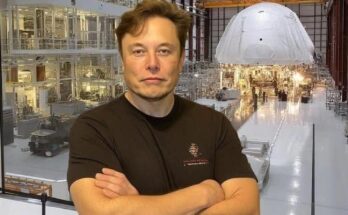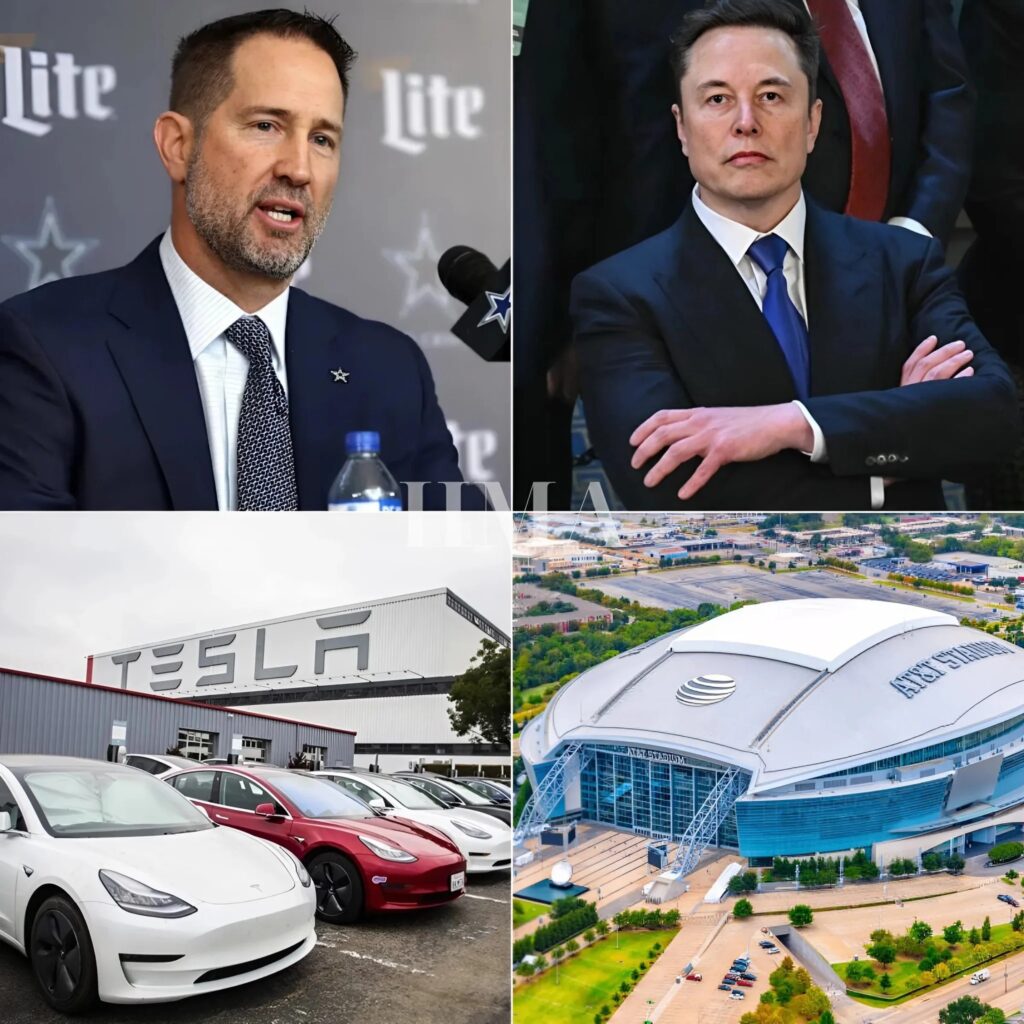
In an unexpected turn of events, the Dallas Cowboys have rejected Elon Musk’s Tesla ad proposal at AT&T Stadium , leaving fans and industry experts shocked. This move has sent ripples through both the NFL and automotive industries , especially given Musk’s prominent position in the tech world and Tesla’s influence on the electric vehicle market. So, why did the Cowboys turn down such a high-profile offer? Let’s break down the surprising reasons behind the Dallas Cowboys’ decision.
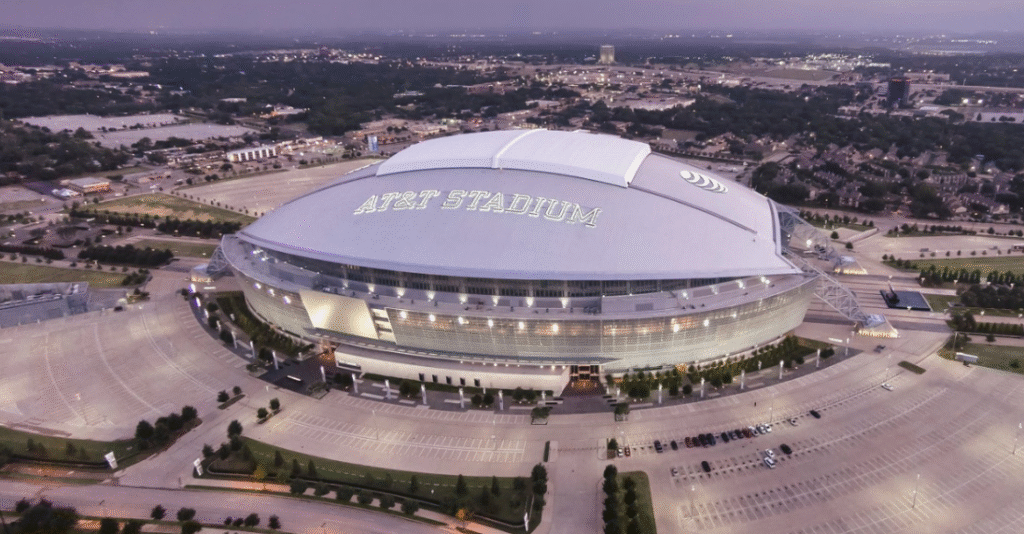
The Shocking Rejection: Dallas Cowboys Say No to Tesla Ad at AT&T Stadium
Elon Musk, the visionary CEO of Tesla , proposed an advertisement deal with the Dallas Cowboys to feature Tesla’s electric vehicles at the Cowboys’ home stadium AT&T Stadium. The proposal would have placed Tesla’s innovative cars at one of the most high-profile venues in the NFL, reaching millions of fans both in person and through televised broadcasts.
However, the Dallas Cowboys rejected Musk’s offer, leaving many puzzled. The idea of showcasing Tesla vehicles in such a prime location seemed like a win-win for both sides, yet the Cowboys chose to pass on the deal. The rejection raised eyebrows, sparking curiosity about the reasons behind it and the larger implications for both the Cowboys and Tesla.
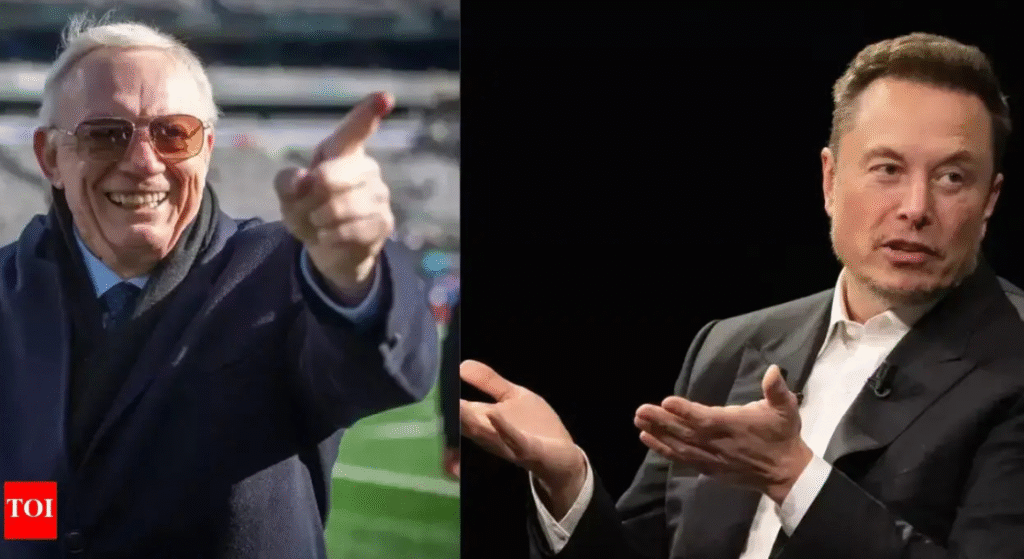
Why Did the Dallas Cowboys Reject the Tesla Ad?
While the specifics of the Cowboys’ decision have not been fully disclosed, reports suggest several factors played a role in their rejection. Here’s what we know:
1. Brand Alignment and Image Concerns:
The Cowboys are known for their long-standing tradition of maintaining a specific image and branding within the NFL and the broader sports world. As one of the most recognized and successful franchises in professional sports, the Cowboys are highly selective about the brands they partner with. While Tesla is a leading name in electric vehicles, the Cowboys may have had concerns about how aligning with Musk’s controversial persona would impact their own brand image. Musk’s outspoken nature and bold statements have occasionally stirred controversy, and the Cowboys may have opted for a more measured approach in selecting their sponsorships.
2. Existing Partnerships:
Another possible reason for the Cowboys’ rejection could be their existing relationships with other sponsors. The NFL is a highly lucrative environment, and the Cowboys have several partnerships with well-established brands. AT&T the stadium’s namesake, may have their own interests in promoting certain products or services that could conflict with the Tesla ad. The Cowboys, wanting to maintain strong ties with their current sponsors, may have seen Tesla’s proposal as potentially damaging to those relationships.
3. Strategic Business Decisions:
The Cowboys, like many businesses, are likely focused on long-term strategy. While Tesla’s electric cars are revolutionary, the team may have felt that the ad wouldn’t align with their broader goals or target audience. Marketing efforts that emphasize sustainability or cutting-edge technology may not always appeal to the traditional NFL fanbase, and the Cowboys might have felt that the ad wouldn’t resonate as strongly as other campaigns they’ve done in the past.
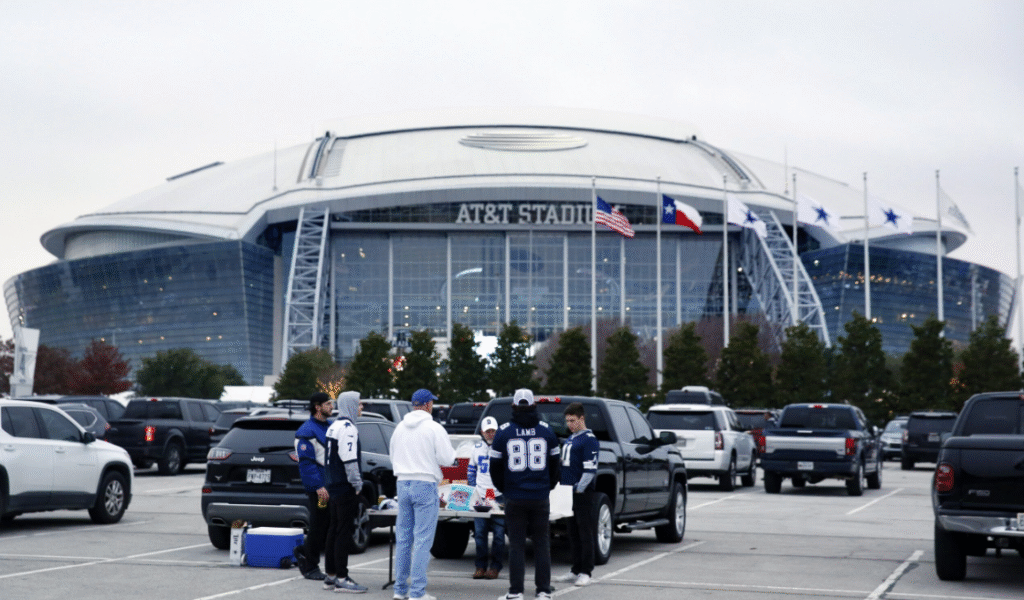
Cowboys Make Their Decision, but the Future Remains Bright for Tesla
The Dallas Cowboys’ rejection of Elon Musk’s Tesla ad at AT&T Stadium*has left many questioning the reasons behind the decision. While the Cowboys may have had valid concerns about brand alignment, existing partnerships, and long-term strategy, Tesla’s brand remains strong, and Elon Musk’s determination is unlikely to be deterred.
While the Cowboys may not be the ideal partner for Tesla, there are many more opportunities ahead for both Tesla and Musk to explore. As the electric vehicle market grows, and the demand for sustainable products continues to rise, the future of Tesla and its marketing efforts remains promising.
